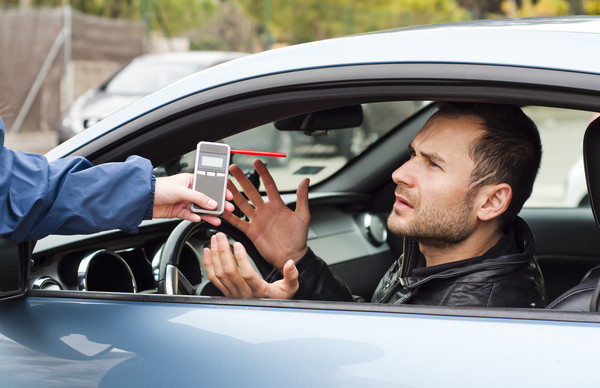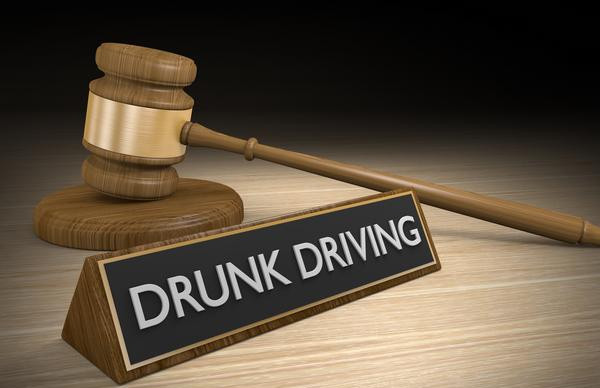When a law enforcement officer suspects that an individual is driving under the influence (DUI) of alcohol, they must have probable cause to support an arrest. In addition, in order to secure a conviction for DUI, a prosecutor must have sufficient evidence that a driver had a blood alcohol concentration (BAC) over the legal limit of 0.08 percent or other signs that a driver was impaired. One of the most concrete pieces of evidence that is commonly used in a DUI case is the result of a test that measures the alcohol level in a person’s breath. While many jurisdictions use the ubiquitous Breathalyzer device for breath tests, New Jersey law enforcement has used a device called the Alcotest 7110 MCIII-C since 2005.
The reliability of the Alcotest was first challenged in 2008 and then again in 2011. In 2011, it was discovered that the software for the Alcotest had not been properly updated—as was required for results to be reliable. However, the manufacturer announced it was no longer supporting the device as of 2016, so instead of updating the software, NJ officials decided to discontinue the use of the Alcotest device. In addition, the Breathalyzer is not a viable option, so it is unknown how law enforcement in NJ will soon provide breath test evidence in a DUI case.
If another breath test device is not accepted by the state soon, one possibility is that officers will rely more heavily on their observations of intoxication. Many difference observations are commonly used against defendants charged with DUI, including the following:
- The odor of alcohol on a person or in the vehicle
- Slurring of words
- Stumbling or swaying
- Bloodshot, red, or watery eyes
- Empty containers in the vehicle
- Erratic driving behaviors
- Performance on field sobriety tests
None of the above are generally as reliable as the concrete results of a breath test indicating a driver’s specific BAC. Therefore, a skilled DUI defense attorney will challenge an officer’s observations any way possible and will keep watching for any news regarding a new breath test method in New Jersey.
Find out how an Experienced New Jersey DUI Defense Attorney can Help You
At the Law Office of Robert E. DePersia, II, we represent the rights of drivers facing charges of DUI and many other violations. Criminal defense lawyer Robert DePersia develops a unique and individualized defense in each case, so please contact our office today to discuss your situation.






